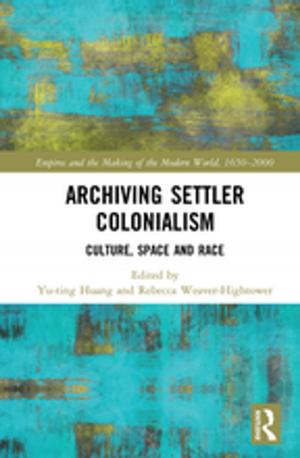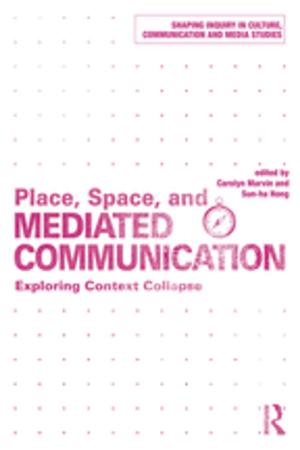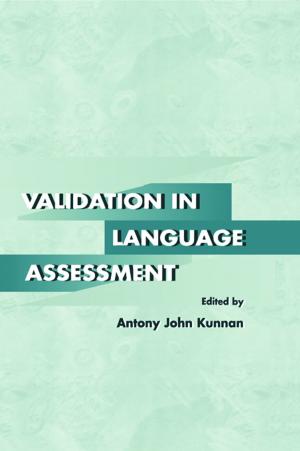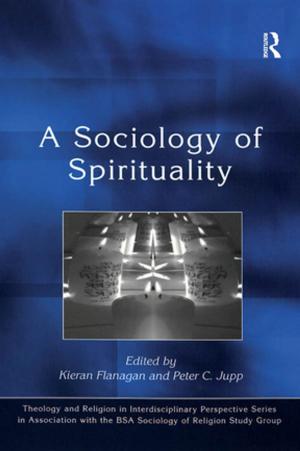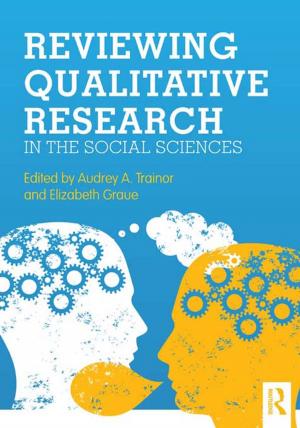The Domestic Politics of Foreign Aid
Business & Finance, Economics, Sustainable Development, Economic Development| Author: | Erik Lundsgaarde | ISBN: | 9781135131616 |
| Publisher: | Taylor and Francis | Publication: | December 12, 2012 |
| Imprint: | Routledge | Language: | English |
| Author: | Erik Lundsgaarde |
| ISBN: | 9781135131616 |
| Publisher: | Taylor and Francis |
| Publication: | December 12, 2012 |
| Imprint: | Routledge |
| Language: | English |
In spite of shared rhetorical commitments to tackling poverty worldwide, donors have varied considerably in their use of aid as an instrument for global poverty reduction. This book explains varied donor priorities by examining how societal actors, governmental actors, and the institutions that regulate their interactions influence development policy choices.
The Domestic Politics of Foreign Aid challenges explanations for donor generosity that identify humanitarian values, partisan politics, and welfare state institutions as key determinants of aid-giving patterns. It explains how the preferences of diverse sets of actors are amalgamated in the domestic political arena to shape national preferences for international redistribution. Drawing on interview research conducted with a variety of stakeholders in four donor countries (Denmark, France, Switzerland and the United States) and an extensive review of primary and secondary sources on aid politics in the countries studied, the book offers both a static overview of the characteristics of aid policymaking systems and a historical treatment of policymaking dynamics over a 25-year period (1980-2005).
Applying a common theoretical framework to the four case studies and using development NGO advocacy as a starting point for examining the politics of aid, this book provides a synthesis of several strands of theoretical work dealing with interest group politics and political institutions to inform the analysis of the societal and governmental determinants of aid choices.
In spite of shared rhetorical commitments to tackling poverty worldwide, donors have varied considerably in their use of aid as an instrument for global poverty reduction. This book explains varied donor priorities by examining how societal actors, governmental actors, and the institutions that regulate their interactions influence development policy choices.
The Domestic Politics of Foreign Aid challenges explanations for donor generosity that identify humanitarian values, partisan politics, and welfare state institutions as key determinants of aid-giving patterns. It explains how the preferences of diverse sets of actors are amalgamated in the domestic political arena to shape national preferences for international redistribution. Drawing on interview research conducted with a variety of stakeholders in four donor countries (Denmark, France, Switzerland and the United States) and an extensive review of primary and secondary sources on aid politics in the countries studied, the book offers both a static overview of the characteristics of aid policymaking systems and a historical treatment of policymaking dynamics over a 25-year period (1980-2005).
Applying a common theoretical framework to the four case studies and using development NGO advocacy as a starting point for examining the politics of aid, this book provides a synthesis of several strands of theoretical work dealing with interest group politics and political institutions to inform the analysis of the societal and governmental determinants of aid choices.


